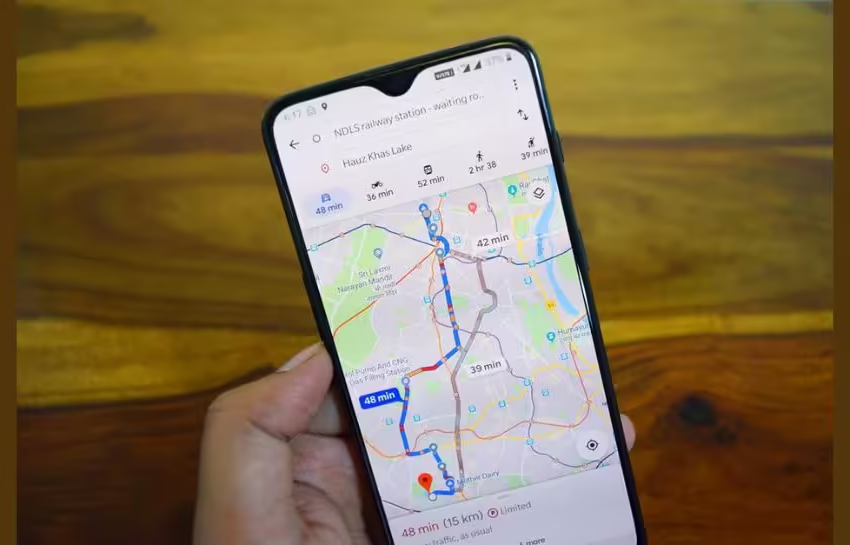Here’s Why You Should Use OpenVPN to Game
Using a VPN for gaming can save you from a lot of problems like DDoS attacks, phishing attacks, or bandwidth throttling. Besides, a VPN can unblock geo-restricted games and bypass IP bans.
There are plenty of other VPN protocols, but in this article, we’ll talk exclusively about the advantages of using OpenVPN.
Why Is OpenVPN Good for Gaming?
Here are the main reasons why we recommend using OpenVPN for gaming:
Security
The OpenVPN protocol supports military-grade encryption like 256-bit AES, which is nearly impossible to crack. This encryption is so complex that, with our present computers, we’d need around a few million years to break it.
Since the encryption is so strong, there’s no way for your internet service provider (ISP) to compromise it to see your gaming traffic. So there’s no way for them to throttle it anymore when you’re gaming “too much.”
Privacy
OpenVPN is an open-source protocol so everyone can inspect its code to check it for any privacy vulnerabilities. OpenVPN’s code has also been audited dozens of times to verify that there are no security issues.
Availability
Almost every top VPN provider has built-in support for OpenVPN on all major platforms:
- iOS
- Android
- macOS
- Windows
- Linux
So you can play games with OpenVPN on any device you want.
Speeds
OpenVPN has decent gaming speeds. In our tests, we only experienced a 30-40% slowdown, which is average but decent. We were able to game online with almost no lag, freezes, and crashes, and we only experienced a few instances of high ping when using distant VPN servers.
Another great thing is that most VPNs that support OpenVPN let you choose which network protocol you use:
- TCP
- UDP (this one is much faster)
Which Top VPNs Support OpenVPN?
OpenVPN is one of the most secure protocols and many top VPN providers support it. Here’s a list of the 4 most popular ones:
1. ExpressVPN
ExpressVPN has 3,000+ servers in 90+ countries, is very fast, and its apps have an intuitive design, which makes it one of the most user-friendly VPNs out there. What’s more, it has an audited no-logs policy to prove that your personal information (IP address, the websites you’re visiting, or the online games you’re playing) isn’t collected and sold for profit.
Besides, it has a risk-free 30-day money-back guarantee.
2. NordVPN
NordVPN has 5,000+ servers in 59 countries. It also has good speeds, is fairly easy to use, and its no-logs policy has been audited twice. NordVPN has a good ad blocker (CyberSec) so you can block annoying ads and malicious websites.
Oh, and NordVPN has a 30-day money-back guarantee as well!
3. SurfShark
SurfShark has 3,200+ servers in 90+ countries, has a very user-friendly interface, is very cheap, and has a 30-day money-back guarantee. On top of that, it has an excellent combination of blazing-fast speeds and unlimited connections. That means you can game on as many devices as you want without your games lagging.
4. Private Internet Access (PIA)
PIA has servers in 70+ countries, fast speeds, intuitive apps for all platforms, and, like all the other good VPNs out there, a 30-day money-back guarantee. What’s more, its apps are open-source and its no-logs policy has been proven true by court documents multiple times.
What’s more, PIA also has a reliable ad blocker that gets rid of most ads and keeps you safe from malicious sites – PIA MACE.
Why Am I Experiencing Slow Gaming Speeds with OpenVPN?
VPNs can slow down speeds due to the encryption they use, which makes your traffic heavier. And everything that goes to and from your device will be encrypted and go through the VPN server.
Besides, there’s also an issue with OpenVPN – the fact that it’s single-threaded. Even if you have more than 4 CPU cores, OpenVPN will use just 1 CPU core (usually the one your operating system uses). Because of this, you’re more likely to experience slow gaming speeds.
How to Improve OpenVPN Speeds While Gaming
If you’re using the OpenVPN protocol and you experience slow speeds – don’t worry! There are a few things you can do to improve your speeds while gaming:
1 – Use A Nearby Vpn Server
Let’s say you’re currently located in France and you’re connected to a VPN server in the US. The distance your data has to travel to and from your device is 10 times longer than if you use a VPN server in France or the UK.
2 – Use UDP
Using OpenVPN over UDP provides faster speeds than using it over TCP. We ran 10+ speed tests while gaming, and we experienced 20% better speeds when using OpenVPN over UDP instead of TCP.
3. Change the Encryption Type (If the VPN Provider Gives You This Option)
If you can, you should change your encryption type from 256-bit to 128-bit. The latter is faster but just as secure as the first one.
However, keep in mind that only some VPN providers let you change the OpenVPN encryption – like PIA, for example.
3. Close Web-Connected Apps Running in the Background
Whether we’re talking about social media or streaming apps, everything that’s constantly communicating with the web will eat a lot of your bandwidth and RAM memory.
Here are a few examples of web-connected apps you should close when gaming:
- YouTube
- Spotify
- Netflix
- Chrome
4. Use Wired Connections Instead of WiFi
WiFi connection can be pretty unreliable. If you’re too far away from the router, your WiFi signal will become weaker, which will cause significant slowdowns (which obviously affect your OpenVPN speeds).
Using a wired connection is more reliable and can significantly improve your internet speeds because there’s no WiFi signal to get in the way.
To Wrap It Up
OpenVPN is a reliable, fast, and secure protocol.
What VPN protocols do you use when gaming? Have you experienced major differences between OpenVPN and other protocols? Let us know in the comments what you think about them!




